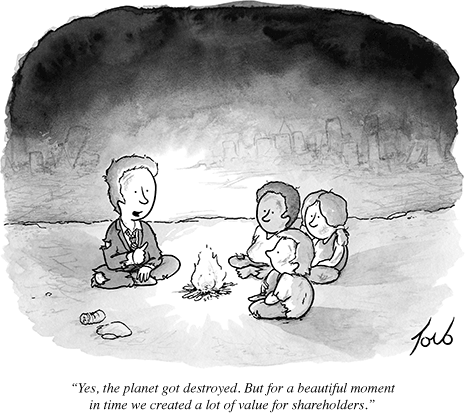I found Lexi's presentation very enlightening. The Jewish dietary laws seem to make a lot of sense. I going to guess that the average American Jew has lower rates of obesity and
diet caused health complications, because of the laws. I assume eating pork in the pre modern era was risky business, and it isn't completely safe now.
One of my favorite restaurants is Zingerman's in Ann Arbor. Zingerman's a somewhat traditional Jewish deli in Ann
Arbor. Lexi's presentation gave more insight into the Jewish food
tradition and perhaps more reasons as to why I like this place so much.
The presentation really seemed to tie together many themes of the class. Tradition and food often go together. I wrote the first paper in this class about how food builds and sustains the
social ties that make life so valuable. Families that eat together like i am sure Lexi's does have must get a lot of satisfaction from those regular interactions. Growing up or next door neighborhoods where Jewish and I would celebrate certain things with them (spin the
dreidel and stuff like that) I remember eating at their house quite often, but I can't remember exactly what we ate, outside of the food being really good. My own family does not have a food tradition like Lexi's. Most of what my family eat growing up was typical American fare (German, English, and Irish dishes) with the occasional exotic dish thrown in for good measure.
From Lexi's presentation and from visiting the restaurants around town I have become well aware of the many different food traditions that exist right here in little Kalamazoo. Growing up in Kalamazoo I did not realize just how many culture's exist in a town of this size.

